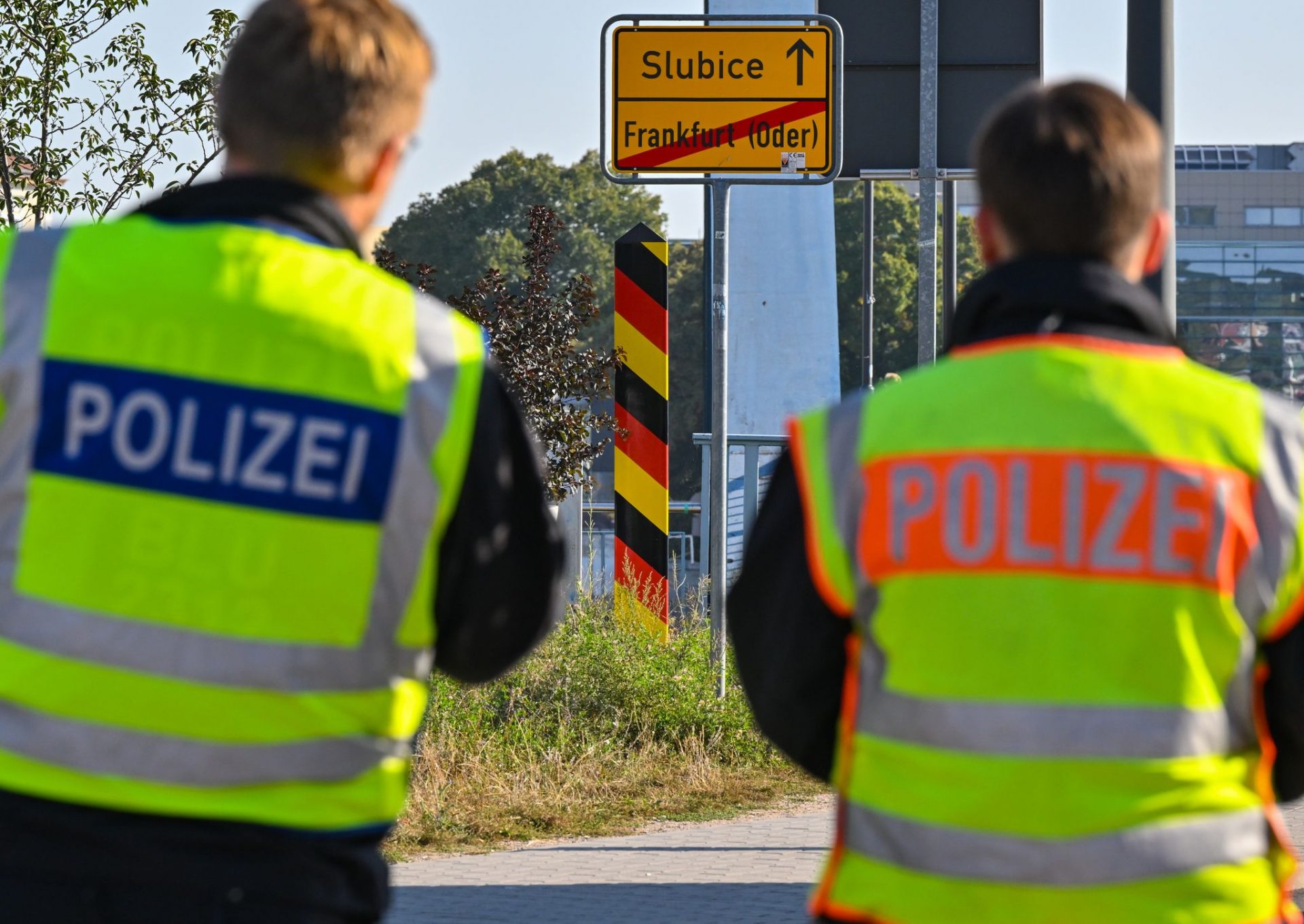 Have the article read by OpenAI (Beta). Please note that AI translations may take some time to process.
Have the article read by OpenAI (Beta). Please note that AI translations may take some time to process.Brussels (dpa) – European Union member states decided on Friday that penalties for people-smuggling should be standardised across the EU, in a deal that will form the basis of negotiations with the European Parliament.
The legislation is intended to replace the current EU legal framework which dates back to 2002. The new proposals stipulate that people-smuggling – typically defined as helping someone to enter a country illegally in return for payment – is punishable in all member states.
“Criminalizing this offence in a uniform manner across the EU would play a key role” in stopping migrant smuggling, said Hungarian Justice Minister Bence Tuzson, according to an EU press release. Hungary holds the presidency of the Council of the EU – in which the EU member states are represented – until the end of the year.
The sentences should be at least three years in prison, and in particularly serious cases – such as organised smuggling or the use of violence – at least eight years. If a migrant’s death is caused by the smuggling, the sentence should be increased to at least 10 years, according to the plans.
German Interior Minister Nancy Faeser said the legislation was about tackling “organised crime and dangerous, often armed, groups of perpetrators.” She added in a statement: “They exploit people’s distress to smuggle them into the EU in life-threatening boats or vehicles.”
Faeser warned at the same time that humanitarian support for refugees or the rescue of people in distress at sea should not be criminalised. To ensure this, EU member states have given the green light to a so-called “humanitarian” clause in the proposals. The clause stipulates that not all forms of support for migrants should be considered people-smuggling, especially when it comes to helping close family members or providing basic humanitarian assistance. (13 December)
The editorial responsibility for the publication lies with dpa.
